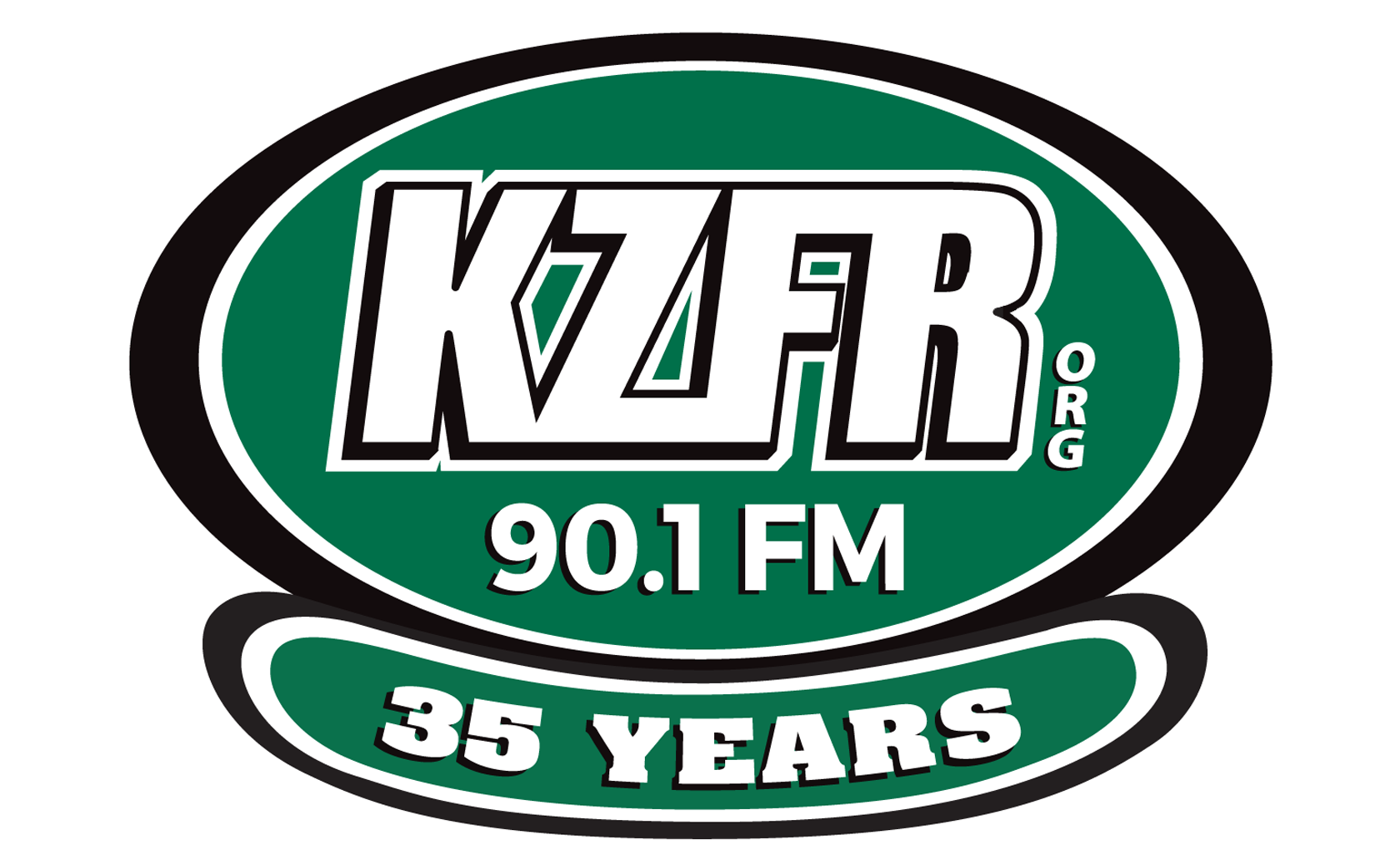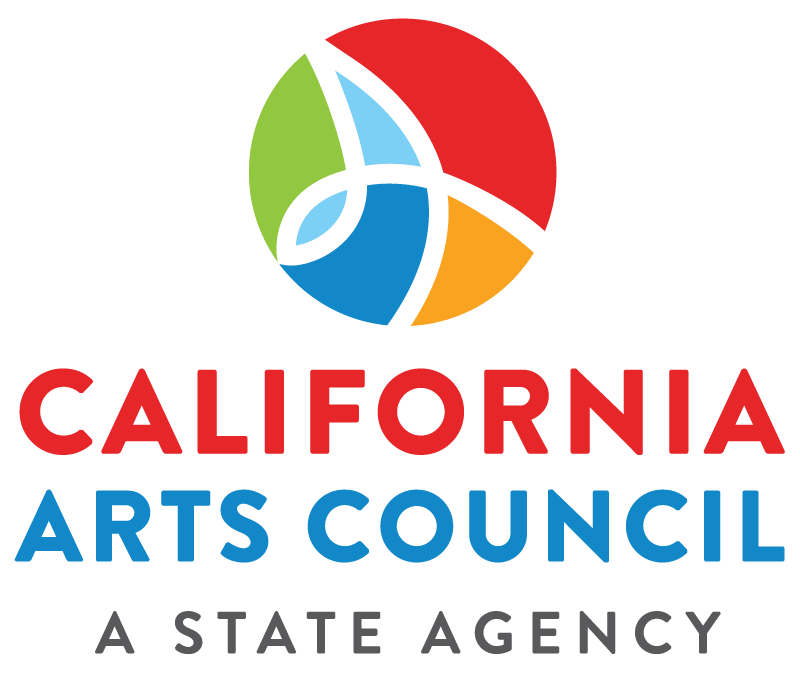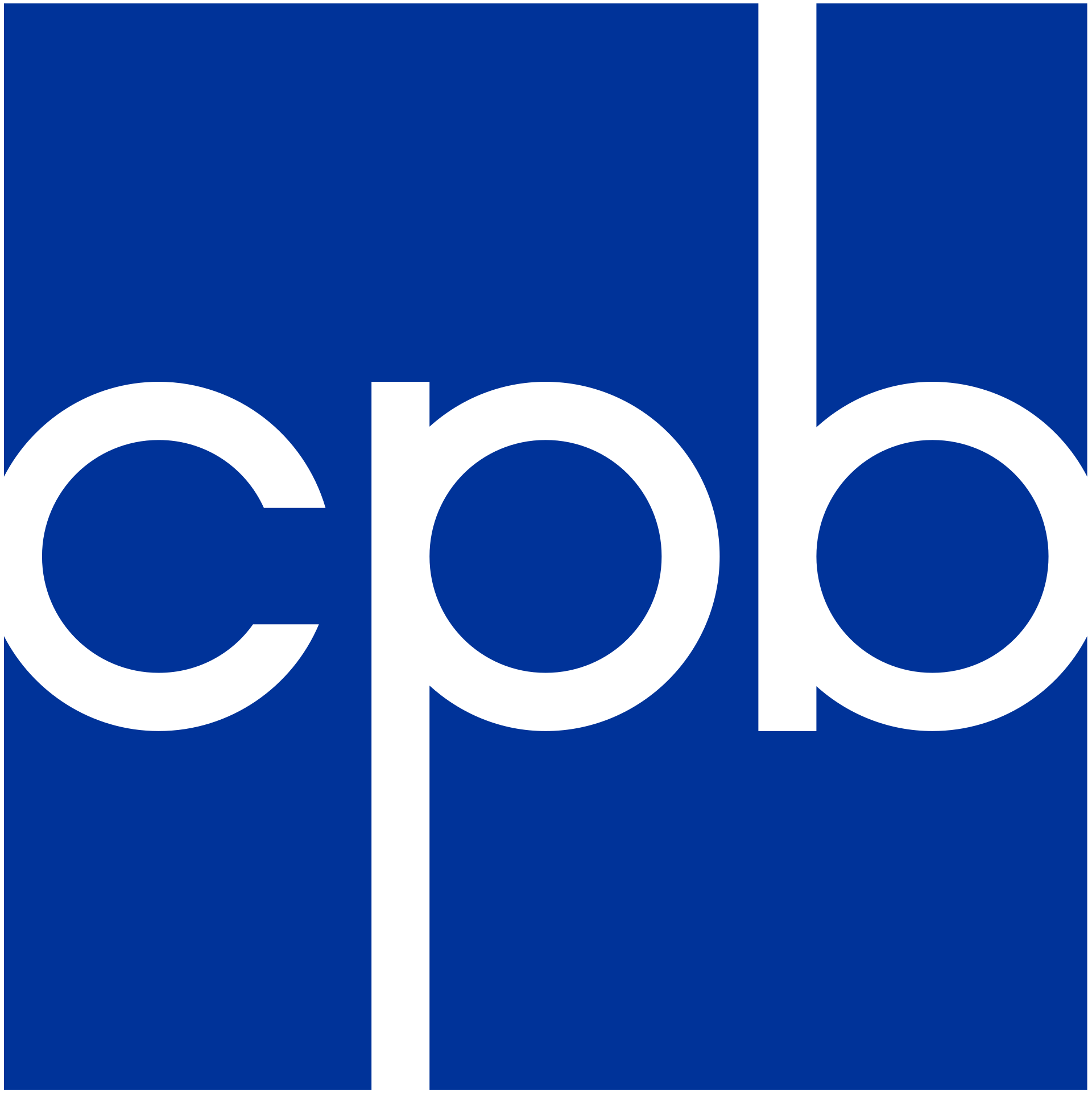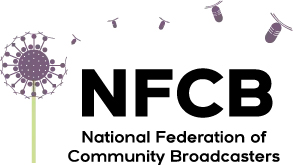"I'll Fly Away" is a hymn associated with Southern Baptists about the earthly death that leads to everlasting life. The song began its evolution as a ballad that was known as “The Prisoner’s Song.” The original ballad expressed the desire of a convict to escape the walls that surrounded and confined him. There is no writer’s credit associated with “The Prisoner’s Song” but it was Albert E. Brumley (who became a prolific gospel songwriter) who adapted the original lyrics for his own use in "I'll Fly Away."
“I was picking cotton on my father's farm and was humming the old ballad that went like this: ‘If I had the wings of an angel, over these prison walls I would fly’ and suddenly it dawned on me that I could use this plot for a gospel-type song. About three years later, I finally developed the plot, titled it "I'll Fly Away," and it was published in 1932. Those familiar with the song will note that I paraphrased one line of the old ballad to read "Like a bird from prison bars have [has] flown." When I wrote it, I had no idea that it would become so universally popular.”
Its widespread popularity beyond church services can be directly linked to the radio broadcasts of James & Martha Carson, the "Barn Dance Sweethearts" of WSB Atlanta in 1946, and a recording of the tune by The Chuck Wagon Gang. Since then it has been recorded again and again in a variety of musical genres.
"I'll Fly Away" took Brumley out of the cotton fields and into a career as a songwriter. Many years later it also had an impact on the professional careers of some folk revival musicians.Irene and Ellen Kossoy are identical twins born (in 1938) and raised in New York City. They always sang together but were especially inspired at the age of 15 when they went away to summer camp in upstate New York. Pete Seeger lived near the camp and they met him and a few of his friends and listened to his music. They returned home to the city and began hanging out in Greenwich Village at Washington Square, mingling and performing with Dave Van Ronk, Ralph Rinzler, Mike Seeger, John Cohen and Mary Travers among others. They also met Woody Guthrie at a concert of his music. Woody was ill with Huntington’s Disease and was in a Morristown, N.J. hospital, but was still capable of leaving the hospital for short periods. In an interview Ellen recalled:
“…..we’d go with Ralph Rinzler to visit him. Sometimes we’d just stay in the hospital and sometimes we’d take him out and either go to somebody’s house or to Washington Square. He was somewhat mobile; he could walk, but he was staggering. His mind was still okay, but he didn’t talk a whole lot, and his speech was slurred, so he gave the impression of being drunk. It was a real problem in Washington Square where we had to keep pulling him out of the hands of policemen. He had trouble playing instruments, but he still loved to listen, and he was still very funny.”
The sisters began performing at local concerts and on occasion were accompanied by Erik Darling (The Weavers, Rooftop Singers). When Paddy Clancy (of the Clancy Brothers) started up Tradition Records (with financial assistance from Guggenheim heiress and folk music collector Diane Hamilton) he asked the sisters to record for him. Their album was called “Bowling Green” and featured traditional songs from the southern United States including “I’ll Fly Away.” On the record Irene sings mezzo soprano and plays guitar and Ellen supplies soprano harmony and plays the 5-string banjo in a traditional up-picking technique. Erik Darling provided banjo and guitar accompaniment. They were almost 18 years old when the record was released in 1956. Since then, the album has rarely been out of print and it is currently part of the Rykodisc catalog.
They both left New York to attend college in Illinois but they continued to perform together. In 1959 they appeared at the very first Newport Folk Festival. Eventually though they graduated from college, married and moved apart. Over the next three decades they performed occasionally together but mostly with other musicians. In the 1990’s the sisters found time to get together more often and when Rykodisc reissued “Bowling Green” in 1997 they began to seriously consider reuniting as a duo.
In 2000 Ellen was visiting her son in California and they went to an afternoon matinee. “Oh Brother, Where Art Thou?” had just opened. “So we were just sitting there, and all of a sudden I heard Irene and me singing in the movie!” The song was “I’ll Fly Away" and as they left the theater afterward Ellen called Irene with the news.
Their inclusion in the film had been negotiated through Rykodisc, obviously without their knowledge. Their personal financial gain from the film has been little since their pay schedule is based upon the contract they had with Tradition Records back in 1956! And their recording of “I’ll Fly Away” was left off the best-selling soundtrack CD. Evidently the CD was recorded before the film was made and the duet of “I’ll Fly Away” recorded by Allison Krauss and Gillian Welch was originally slated for inclusion in the film. Only at the last minute did director Ethan Coen decide to use the Kossoy Sister’s version instead.
In 2003, forty-seven years later, the sisters finally recorded their follow-up to “Bowling Green.” Entitled "Hop On Pretty Girls,” it’s on the Living Folk label.
In 1961 Carolyn Hester recorded “I’ll Fly Away” for her Columbia album “Carolyn Hester.” This song marks Bob Dylan’s first appearance in a professional (ie. paid) studio setting and is most likely the reason he received a recording contract from Columbia. He provides harmonica accompaniment, along with Bruce Langhorne on guitar & fiddle, and Bill Lee (Spike’s dad) on bass.
Dylan met Hester at Gerdes Folk City in New York in 1961. Hester included a Buddy Holly tune in her set, and Dylan (a Holly fan) warmed up to her as soon as he discovered that she came from Clovis, New Mexico and had recorded in Norman Petty’s studio along with Jerry Allison. Petty was Buddy Holly’s producer and Allison was one of Holly’s Crickets. A few months later Dylan asked her if she could line him up some paying gigs and Hester invited him to play harmonica on her next recording session.
Columbia producer John Hammond was present for those sessions and he required that the entire album be rehearsed in studio before it was recorded. Hester's musical goal was to perform and record folk music that was more than just lyrics with chord accompaniment; she and Hammond wanted more rhythm. Even at this early date rock ‘n roll was having its influence on folk music.
While Dylan had already been recognized in print as an outstanding folk performer, it may be that Dylan’s performance during these sessions confirmed Hammond’s intuition. He signed him to Columbia Records the following month.
On American Pastimes some of the versions of "I'll Fly Away" that we might hear along with the Kossoy Sisters and Carolyn Hester include Allison Kraus & Gillian Welch (from "Oh, Brother.."), the Chuck Wagon Gang, the Stanley Brothers, the Avett Brothers, Hank Williams and Johnny Cash.
For a radio interview and live performances by the Kossoy Sisters, check out “On Point with Tom Ashbrook:” http://www.onpointradio.org/2003/02/the-timeless-kossoy-sisters
American Pastimes playlists are posted at this link:
http://spinitron.com/radio/playlist.php?station=kzfr&showid=35










